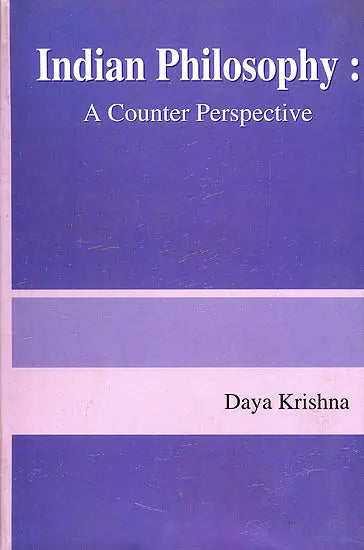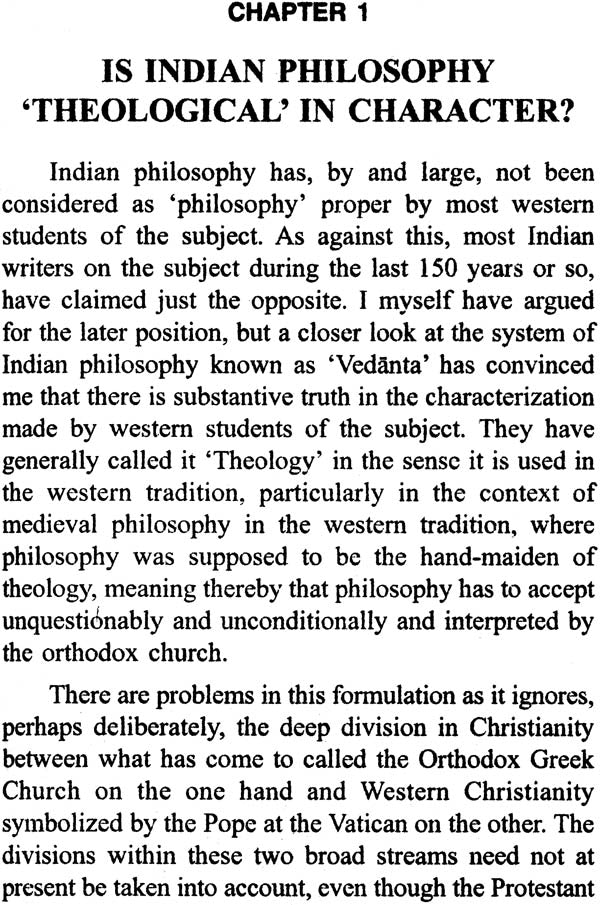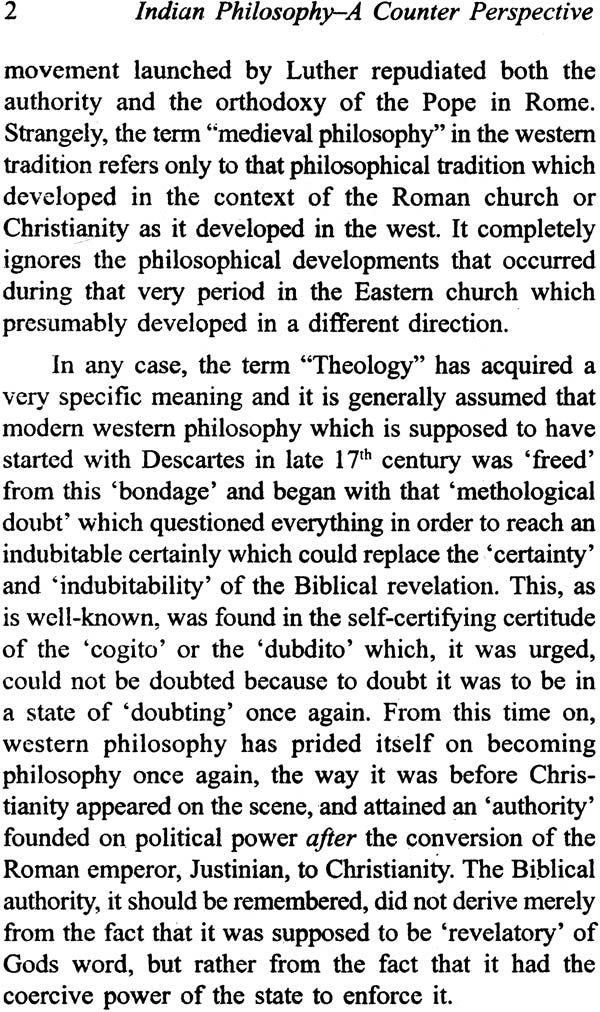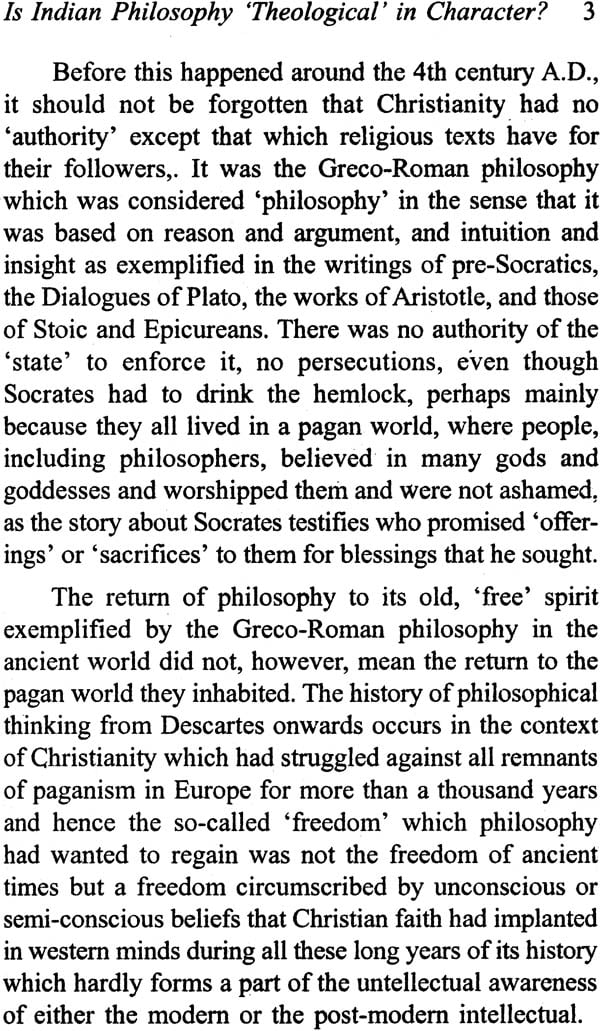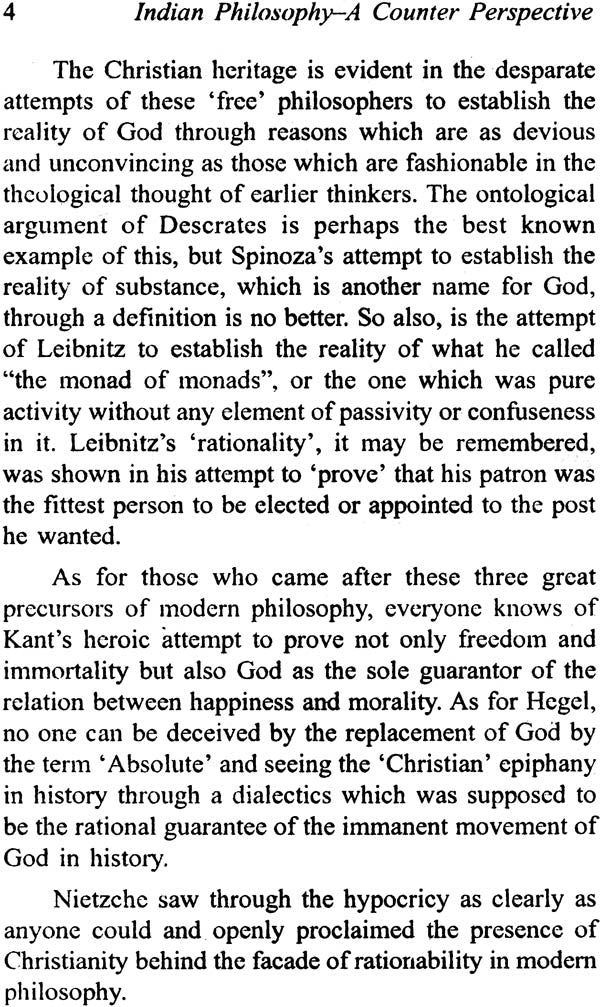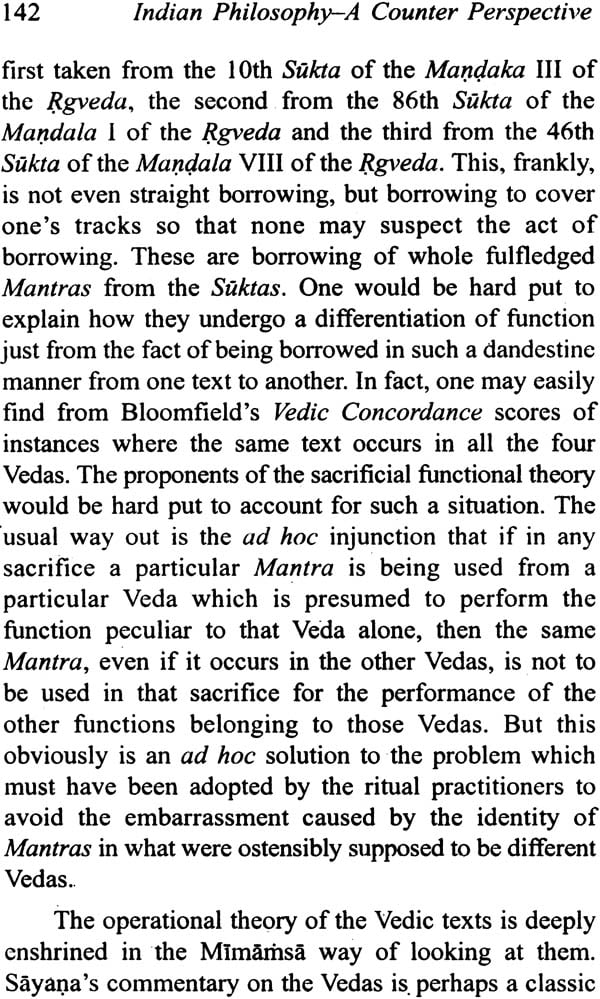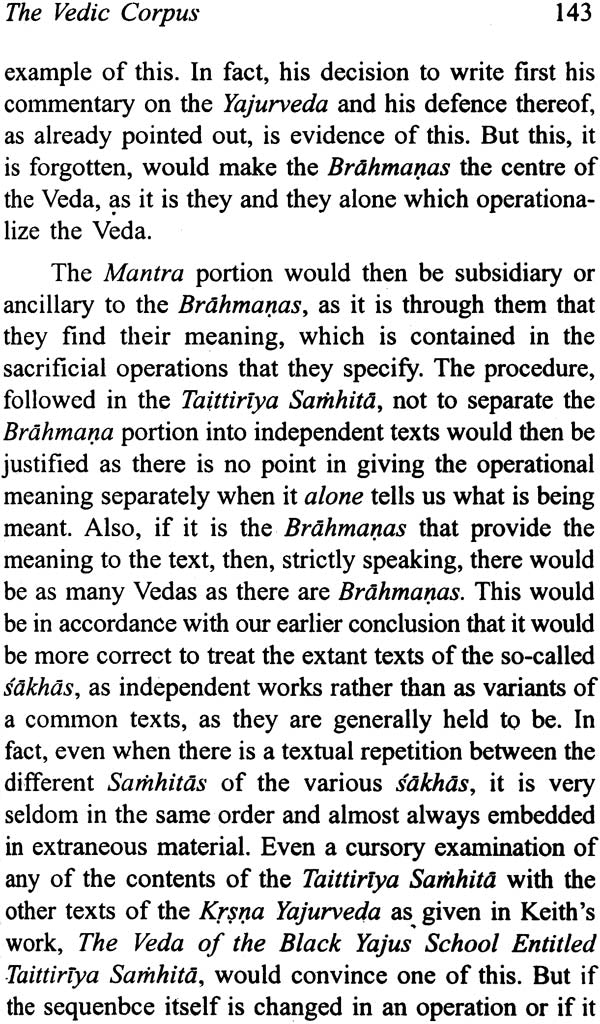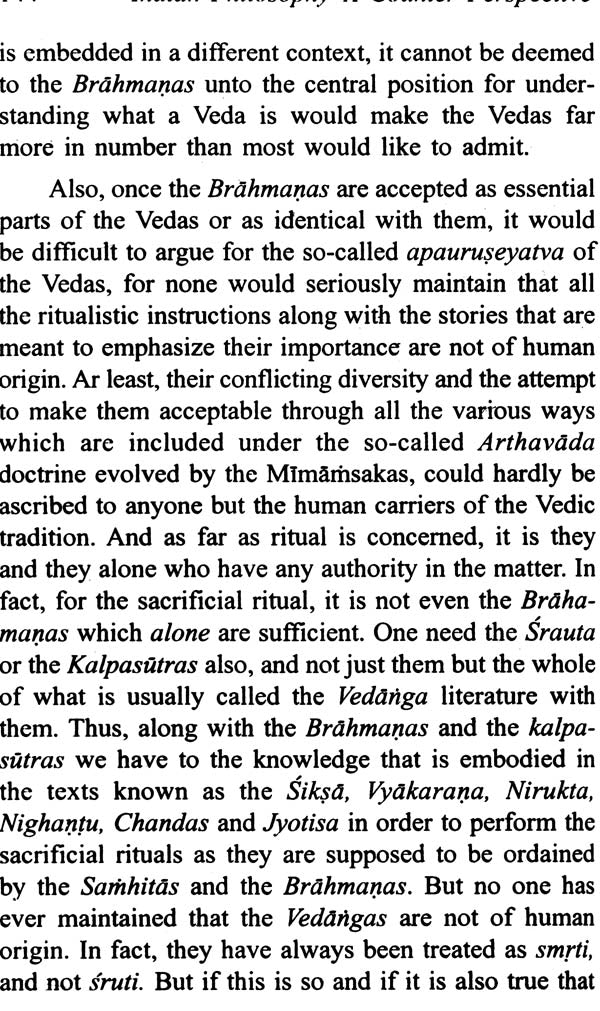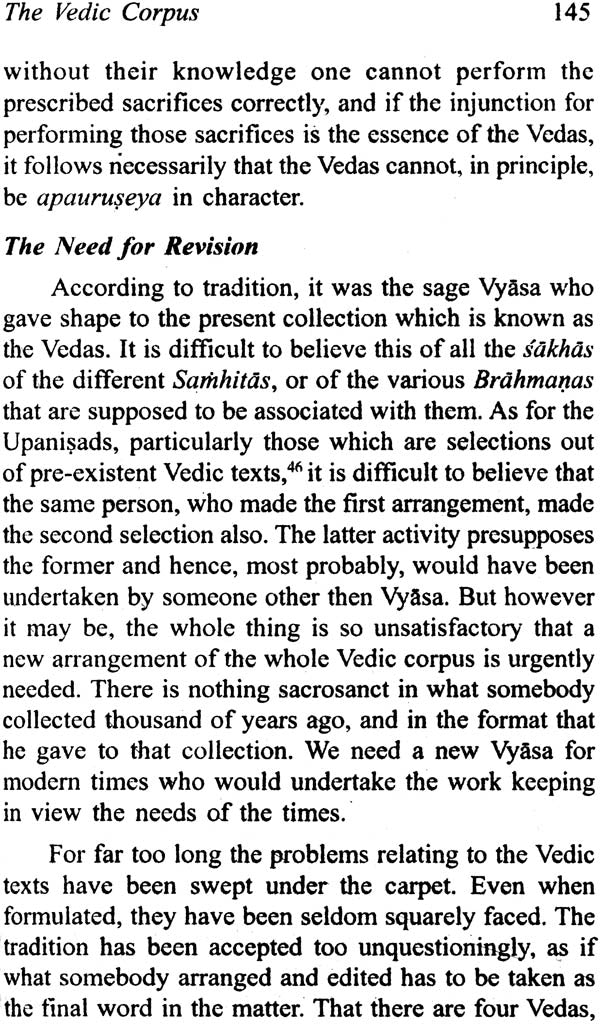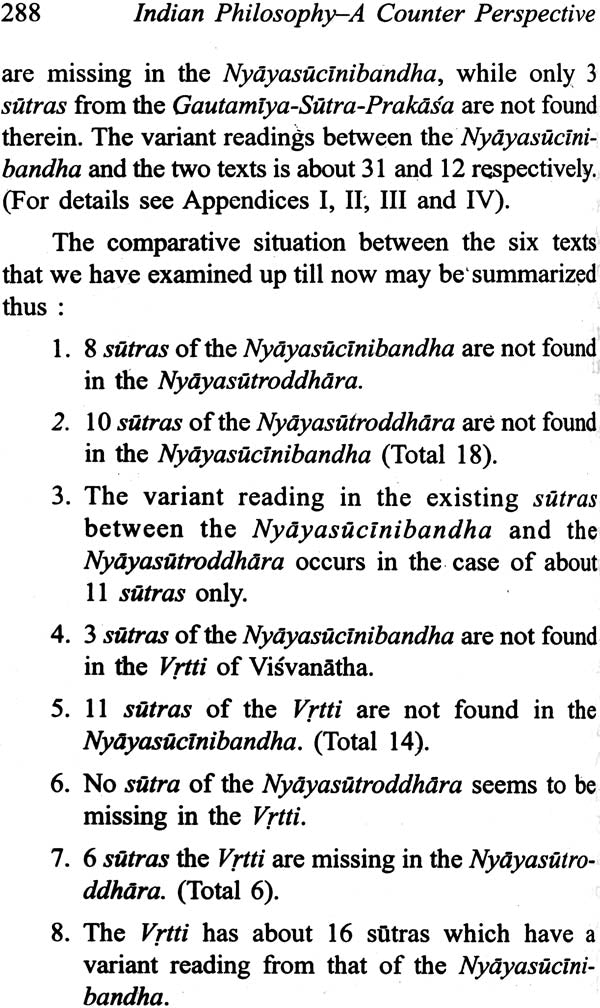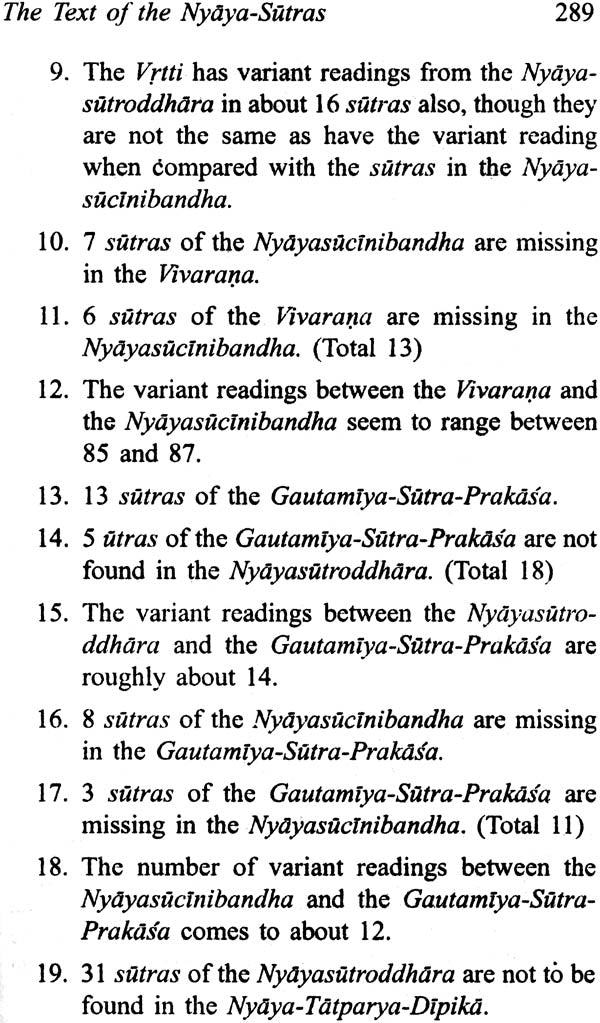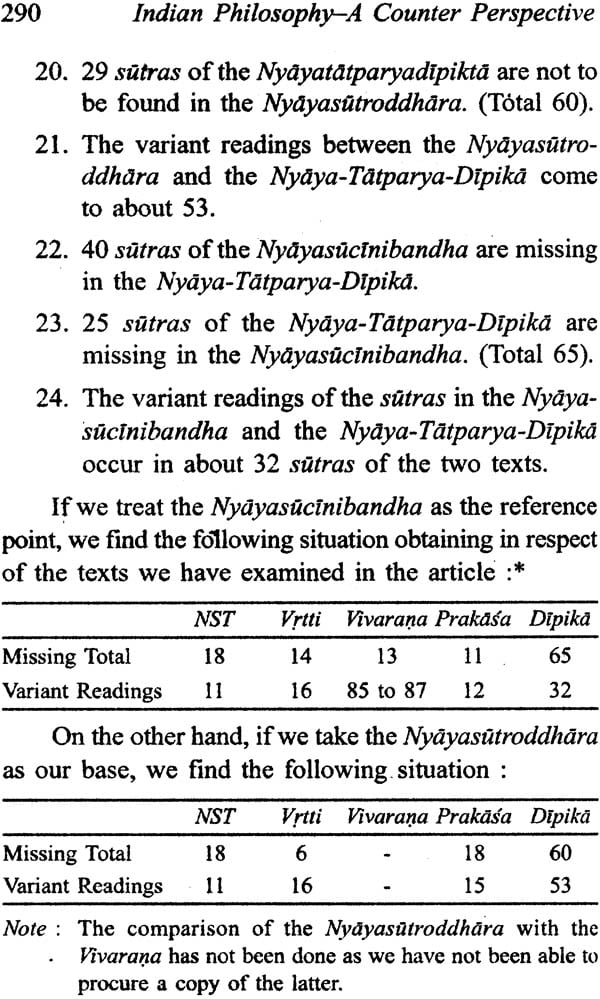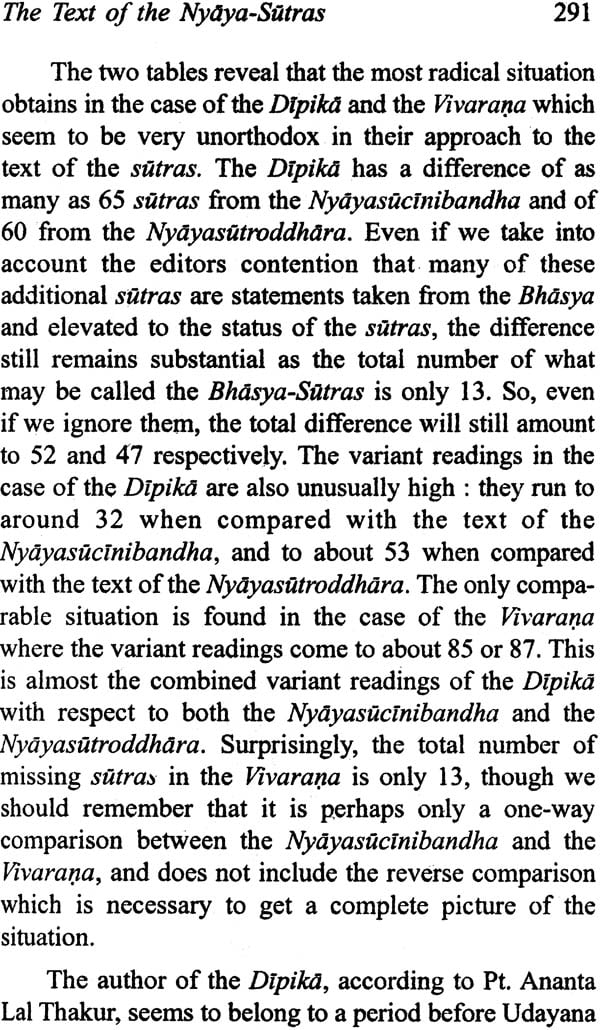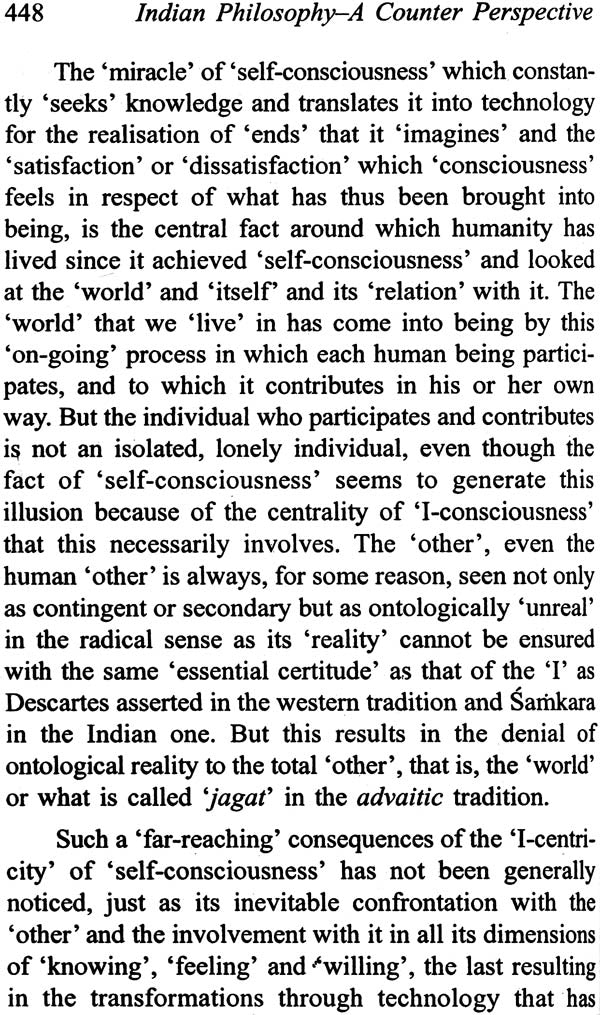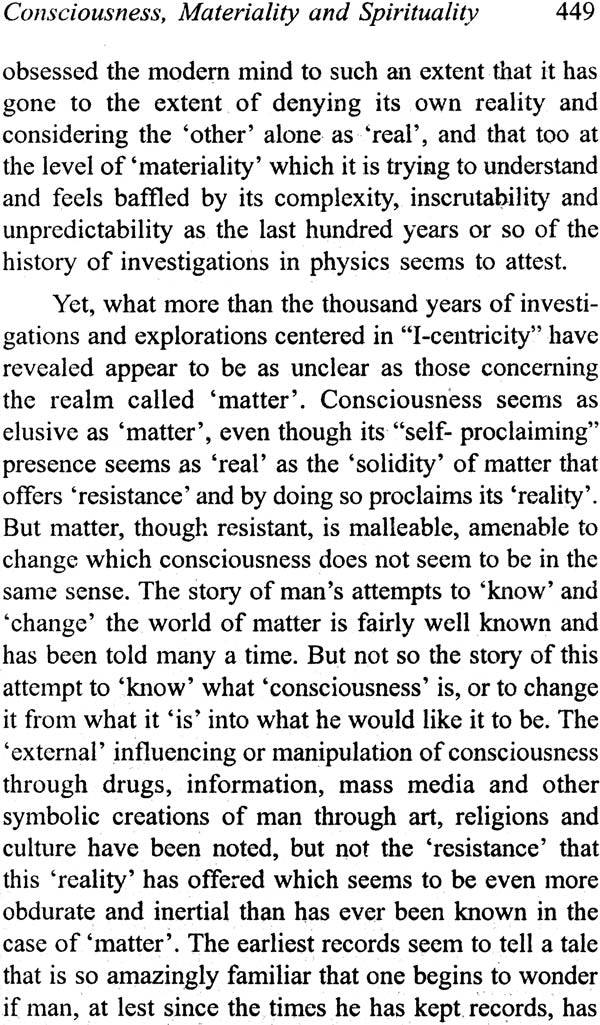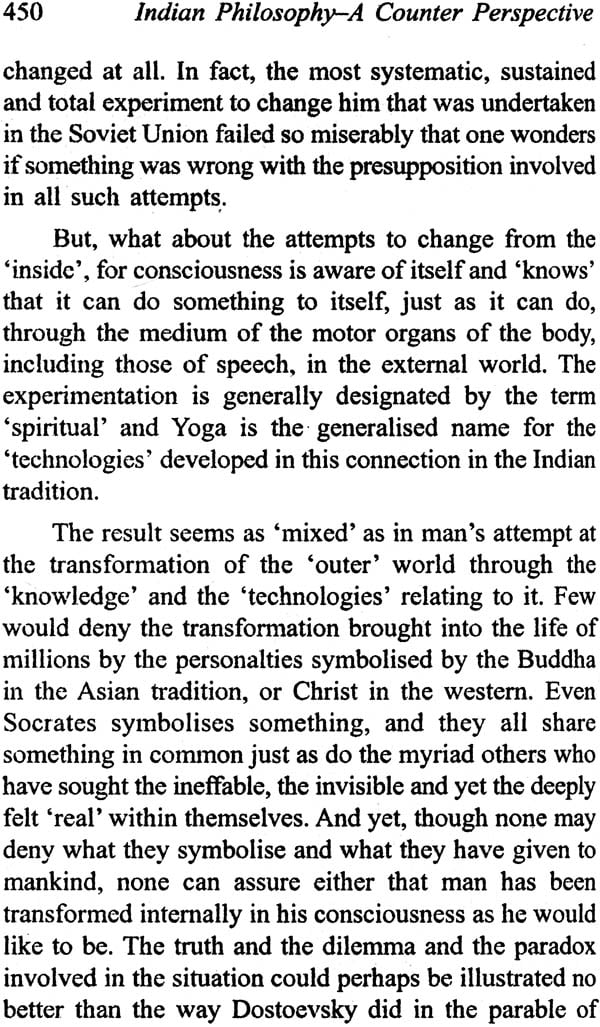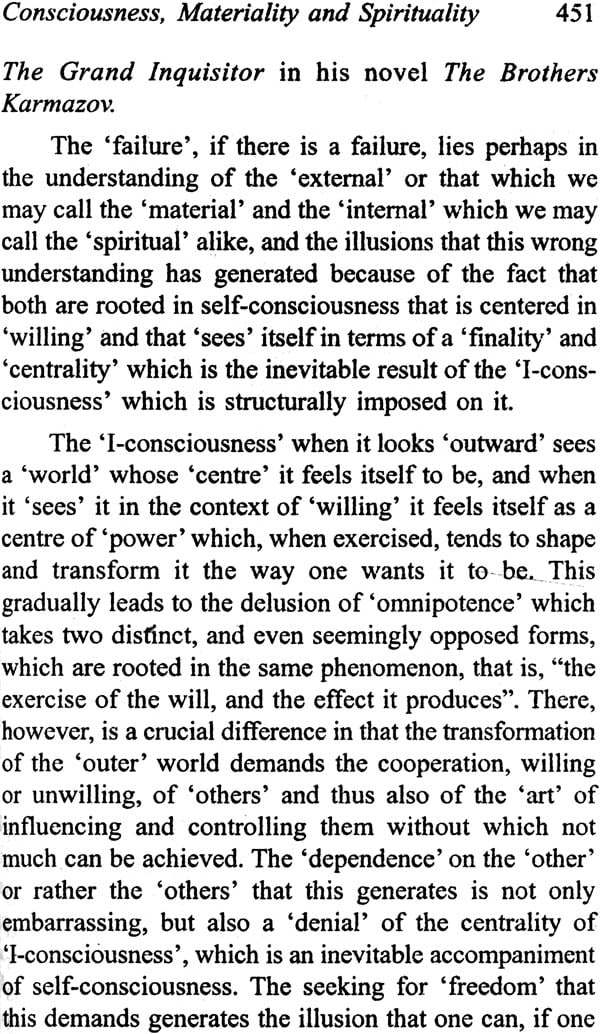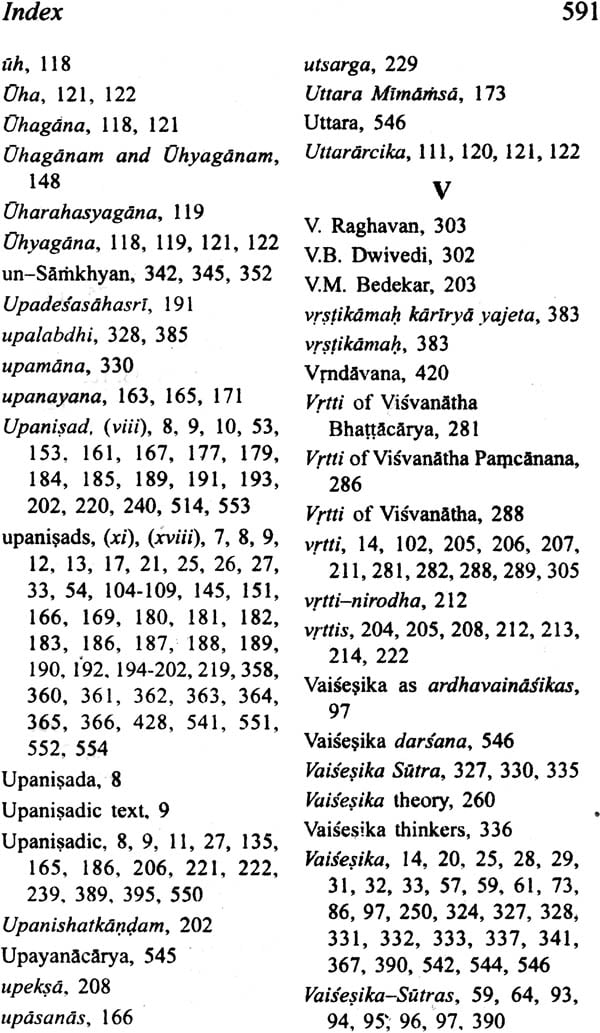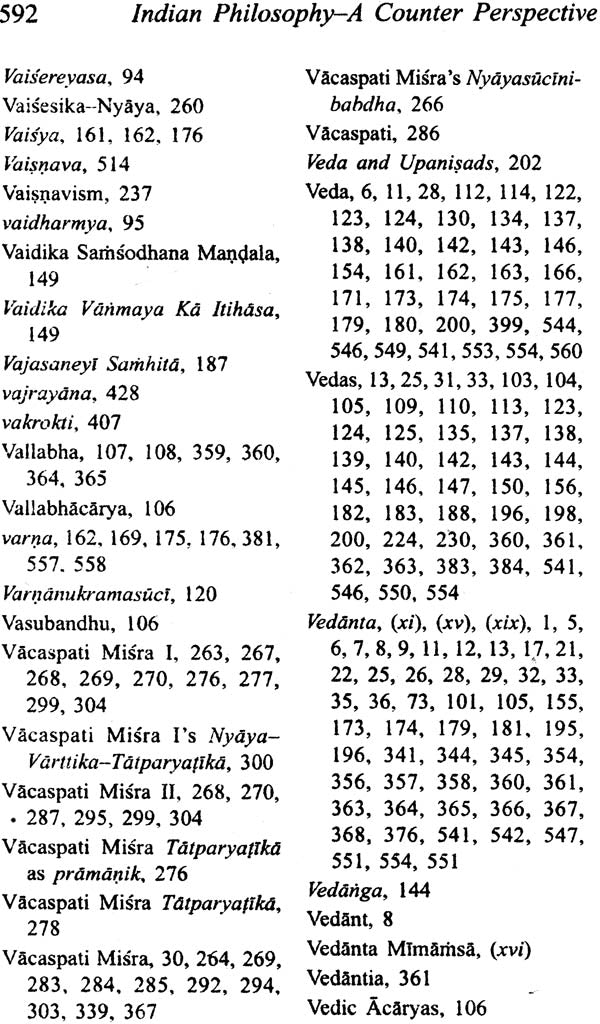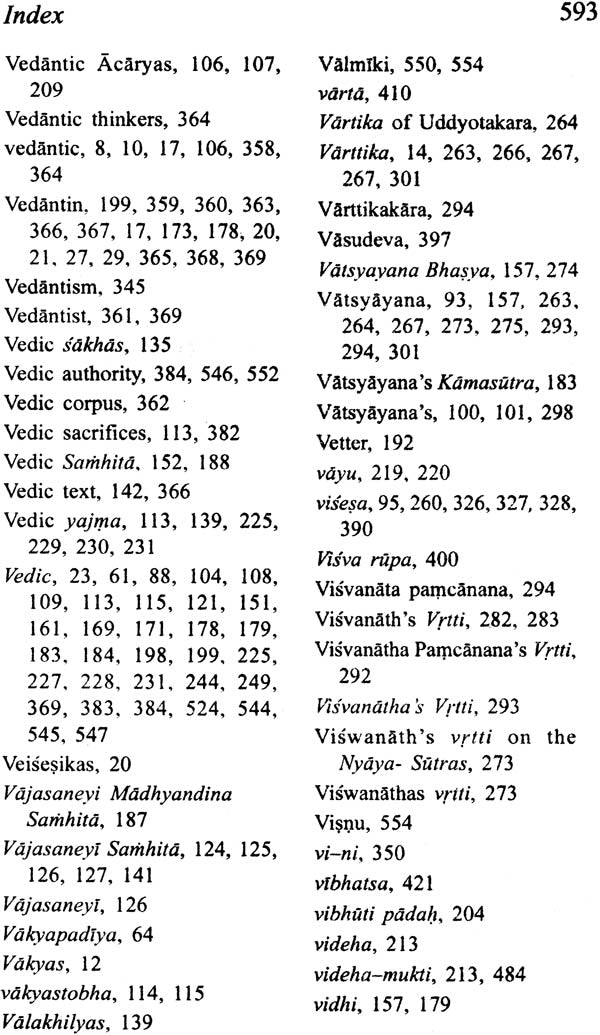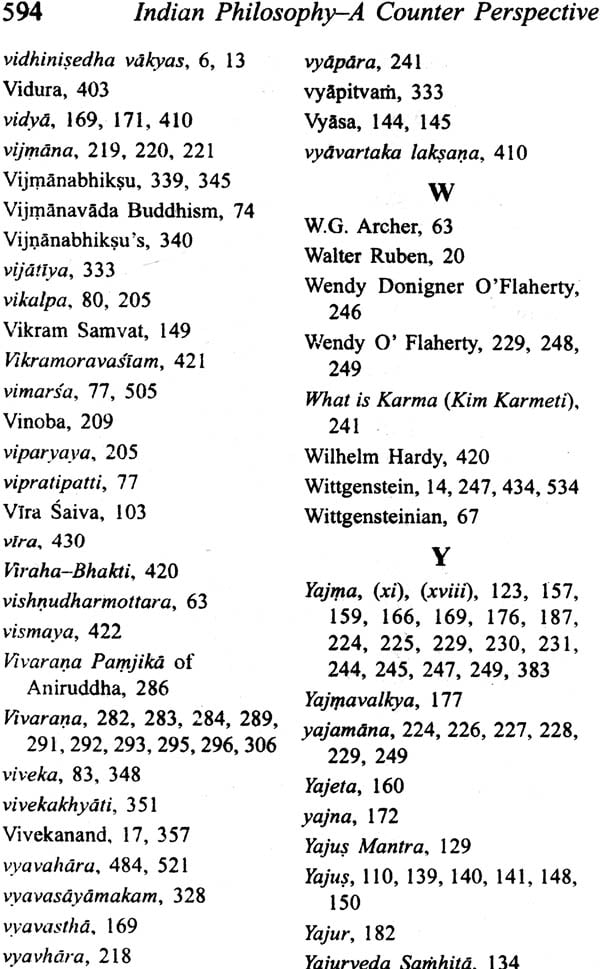Indian Philosophy ; A Counter Perspective
Indian Philosophy ; A Counter Perspective is backordered and will ship as soon as it is back in stock.
Couldn't load pickup availability
Genuine Products Guarantee
Genuine Products Guarantee
We guarantee 100% genuine products, and if proven otherwise, we will compensate you with 10 times the product's cost.
Delivery and Shipping
Delivery and Shipping
Products are generally ready for dispatch within 1 day and typically reach you in 3 to 5 days.
Book Details:
-
Publisher: Sri Satguru Publications
-
Author: Daya Krishna
-
Language: English
-
Pages: 613
-
Cover: Hardcover
-
Dimensions: 23 cm x 15 cm
-
Weight: 800 gm
-
Edition: 2006
-
ISBN: 9788170308454
About the Book:
This collection brings together a series of articles originally written over several years, now compiled to offer a fresh perspective on Indian philosophy. Building on his previous work, Indian Philosophy: A Counter Perspective (1991), Daya Krishna challenges widely held views about the spiritual and intellectual legacy of India. The book includes articles that reflect on the foundational aspects of Indian philosophy and explore deep questions regarding the Vedas, Upanishads, Nyaya Sutras, and other classical texts.
Through essays such as "Is Indian Philosophy Theological in Character?" and "The Yoga-Sutras: The Undeciphered Text," Krishna seeks to uncover hidden truths and problems within traditional philosophical thought. The essays scrutinize the contradictions and unresolved issues in the classical texts, offering new ways of understanding these ancient writings.
Among the topics addressed in this volume are the interpretations of the Vedic corpus, the myths surrounding Indian philosophy, the philosophical concept of Moksha, the doctrine of Karma, and the question of whether Vedanta and Samkhya really mean what we think they do. The book also delves into issues like the relationship between consciousness, materiality, and spirituality, and critiques traditional conceptions of the Purusharthas.
Krishna emphasizes the importance of not simply accepting the well-established views but instead questioning and critically rethinking these philosophies. His work challenges the orthodox view of Indian philosophical history, aiming to revive these intellectual traditions and make them relevant to contemporary philosophical concerns.
The collection offers a detailed exploration of India's intellectual past and provides an in-depth critique of the commonly accepted picture of Indian philosophy, urging readers to re-evaluate and develop their own understanding. The book is an essential read for anyone interested in a fresh, critical perspective on Indian philosophy and its role in modern intellectual discourse.

